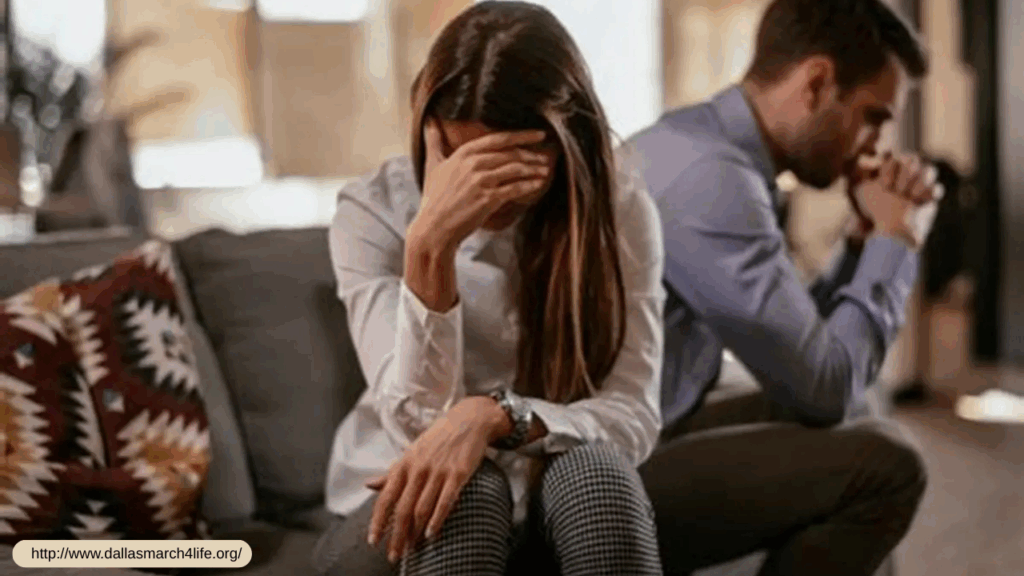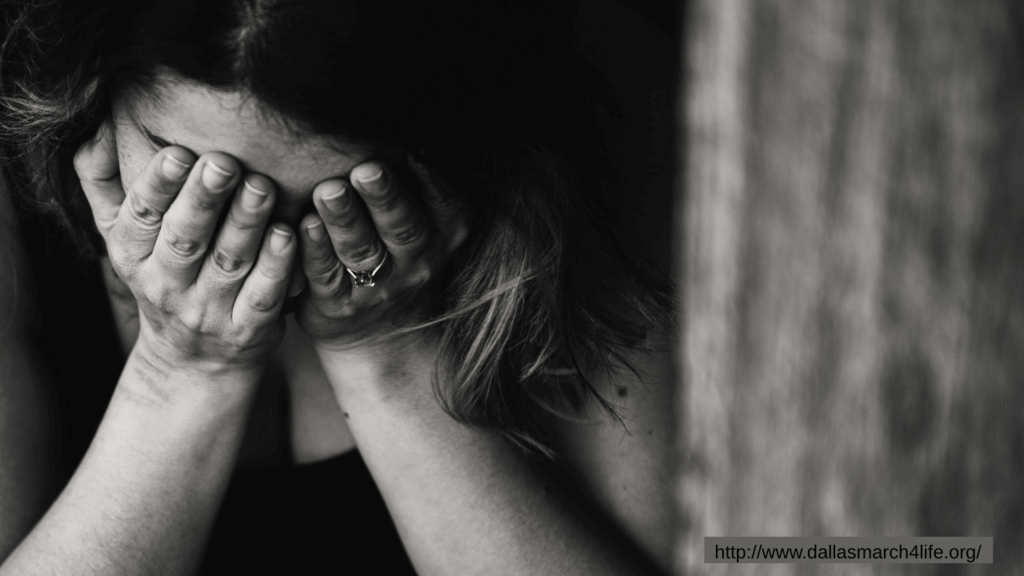
Abortion is often presented as a purely medical procedure, but for many women and men, the experience leaves deep emotional scars that are rarely discussed. Anxiety is one of the most common aftereffects, manifesting in both subtle and overwhelming ways. Post-abortion anxiety can create cycles of fear, guilt, and isolation, leaving individuals unsure of where to turn for help. At Dallas March 4 Life, we understand that healing requires more than temporary relief. It calls for compassionate, holistic care that restores the mind, body, and spirit.
Understanding Post-Abortion Anxiety
Anxiety after abortion is not uncommon, yet it remains a topic clouded in silence and stigma. Some individuals feel relief initially but later struggle with intrusive thoughts, nightmares, or sudden panic attacks. Others experience constant worry about relationships, future pregnancies, or spiritual consequences.
Common Symptoms of Post-Abortion Anxiety
- Persistent feelings of fear or dread
- Difficulty sleeping or restlessness
- Avoidance of conversations or environments that trigger memories
- Physical symptoms such as a racing heart, sweating, or shortness of breath
- Struggles with concentration or feeling emotionally disconnected
Recognizing these symptoms is essential for seeking support early and preventing long-term mental health challenges.
The Role of Silence in Emotional Turmoil
Many who experience post-abortion anxiety suffer in silence. Fear of judgment, stigma, or being misunderstood can prevent individuals from reaching out. Unfortunately, isolation only deepens anxiety, reinforcing feelings of shame and loneliness. Breaking this silence is an important step toward healing.
At Dallas March 4 Life, we encourage open, compassionate conversations. We create safe spaces where people can share their stories without fear of rejection. Healing begins when the silence is replaced with empathy and understanding.
Holistic Approaches to Healing
No two people experience abortion-related anxiety the same way. That is why healing must address the whole person. At Dallas March 4 Life, we provide faith-based and individualized care that blends clinical expertise with spiritual renewal.
Inpatient and Outpatient Options
- Inpatient care offers intensive support within a structured environment, ideal for individuals who need to step away from daily stressors to focus fully on recovery.
- Outpatient care provides flexibility, allowing clients to receive therapy and support while continuing with their daily responsibilities.
Both options emphasize counseling, group support, and therapeutic practices designed to address anxiety while fostering emotional resilience.
Integrating Faith and Therapy
Faith plays a powerful role in recovery for many. By incorporating prayer, reflection, and spiritual guidance into evidence-based therapy, individuals can find comfort and strength to move forward. This holistic approach helps restore balance, purpose, and hope.
Practical Strategies for Coping
In addition to professional care, personal strategies can help manage post-abortion anxiety:
- Practice relaxation techniques such as deep breathing or guided meditation
- Maintain a journal to process emotions and track progress
- Connect with supportive communities or faith groups
- Establish healthy routines around sleep, nutrition, and exercise
- Seek accountability through trusted mentors or support partners
These strategies, combined with professional support, create a strong foundation for recovery.
Taking the First Step Toward Healing
Post-abortion anxiety can feel like an invisible burden, but no one has to face it alone. Breaking the silence is the first act of courage that leads to freedom and healing. At Dallas March 4 Life, we are committed to walking alongside you with compassion, individualized care, and faith-based guidance.
If you or someone you love is struggling with post-abortion anxiety, reach out today. Together, we can turn silence into hope and emotional turmoil into lasting peace.

